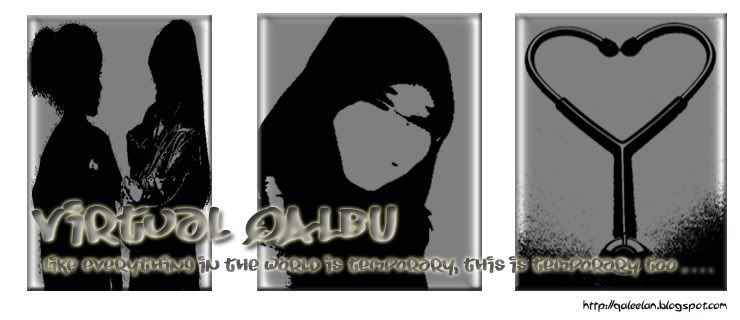This are very common misconception. When words travel from one language to another they change in meaning. So, in Arabic, if a word is the same and even it is spell exactly the same way as it is in your native language, it is no guarantee that it means the same exact thing.8. "If I'm already learning Arabic vocabulary, why do I have to learn grammar - especially when I'm already learning the meanings of the words?"
I give you an example. The word 'Ihsan' in Arabic means 'excellence', 'to do ones best'. In the word 'Ihsan' in the Urdu language for example, it means 'to do one a favour'. A completely different words. Now, the word is use in the Quran and it is use in the Arabic sense meaning excellence. But if an Urdu speaks or read it and says, 'Hey, I know this word, it means favour'. Then they are misunderstanding with the Quran sync.
So just because you have common words from the Arabic language that doesn't mean you actually know the meaning of those words in the Arabic language. Take it a step further, even the classical Arabic, its connotation of certain words are different from those same exact words in modern Arabic.
So, we have to specifically study the Arabic of the Quran.
Language is more than just the meaning of words. Language is how words come together and form new meanings. You think about it this way. If you know the word "give" in English, you know what that means already .And if you know what the word "up" means, you know what direction its talking about.
But when I say "give up". It's a completely different meaning. It has nothing to do with "give" or with "up". It came up and form a new meaning that didn't exist in isolation.
So, just because you learn words in the Quran in isolation or Arabic words in isloation, that isn't a substitute or that isn't in itself enough for you to ignore the concept of grammars, expressions,syntax, language that have to be learnt especially when it comes to the book of Allah s.w.t
9. "What's the best translation of the Qur'an?"
I get asked this a lot. What's the best translation of the Quran? And I used to have an answer to that. But I can't in all honestly recommend a translation anymore. And I'll tell you why.
In the very beginning of this series of questions I share with you that people say, what's lost in translations? What's lost in translation is so powerful and so monumental in size that if I suggest to you that the translation is going to be justice to what Allah is saying in the Arabic, I would be selling the Quran shortly.
The only thing I can recommend as far for the translation is that the English translation of the quran is recommended only for Arabics students who are trying to figure out what did translator have in mind when he was addressing this particular issue or that particular issue.
So, you look at 4 translation, not one. You look at all of them that you can find, and you look at each of them and see what Arabic principle did the translator address in this translation or what did he failed to address in this translation.
I don't recommend translation of Quran for people that aren't studying Arabic at all. If you want to understand the Quran without being the student of the Arabic language, or being student of tafseer, read the tafseer, read the english tafseer, listen to the syeikh give tafseer of Quran. This is the better way and more productive way for you to learn the Arabic language and learn things about the Quran than just raw reading of translation. InsyaAllah

2 comments:
Salam,
Following might also be a relevent site:
http://www.80percentwords.com
Ya.. thanks for the link.
Post a Comment